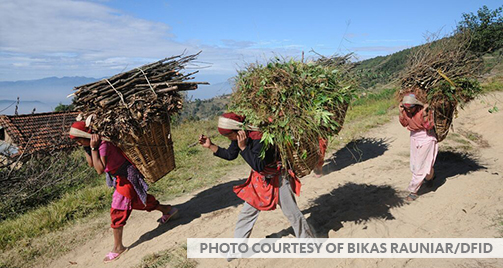What We Do
- An estimated 12.6 million people died as a result of living or working in an unhealthy environment in 2012 – nearly 1 in 4 of total global deaths, according to new estimates from the World Health Organization.
- Around 9 million people die of hunger and hunger-related diseases every year, more than double the lives taken by AIDS, malaria and tuberculosis in 2012.
If we are to ameliorate the substantial problems that will arise in mid-century as a result of climate change and the rapid growth of populations and limited food and natural resources, then it is imperative to define the policy decisions and investments that need to be made today, when they will have the greatest leverage.
Politicians, technocrats, even philanthropic foundations, rarely look more than 5 or 10 years ahead. Short-term, seemingly easy solutions merely delay confronting the real issues. As a Center of Expertise, we have assembled the team and evidence to objectively explore achievable longer-term solutions.
Research Goals
- Advance science to transformative policy with California at the center of global solutions
- Make the economic case for planetary health
- Build local and global networks to launch Planetary Health as a premier integrative discipline
- Inspire our youth to be Planetary Health-informed global citizens, advocates and leaders
- Place women’s health and empowerment at the center of planetary health solutions
Signature Research Project
Farming in the 21st Century
The Planetary Health Center of Expertise brings together several UC campuses, the Lawrence Berkeley and Livermore National Labs and UC Cooperative Extension to develop and implement solutions for planetary health.

Populations of humans, animals and plants are threatened with degradation of their homes and environments due to pollution, landscape destruction and the adverse effects of climatic changes. Such threats leave these populations vulnerable to food insecurity, disease threats and exposure to added environmental pressures.
